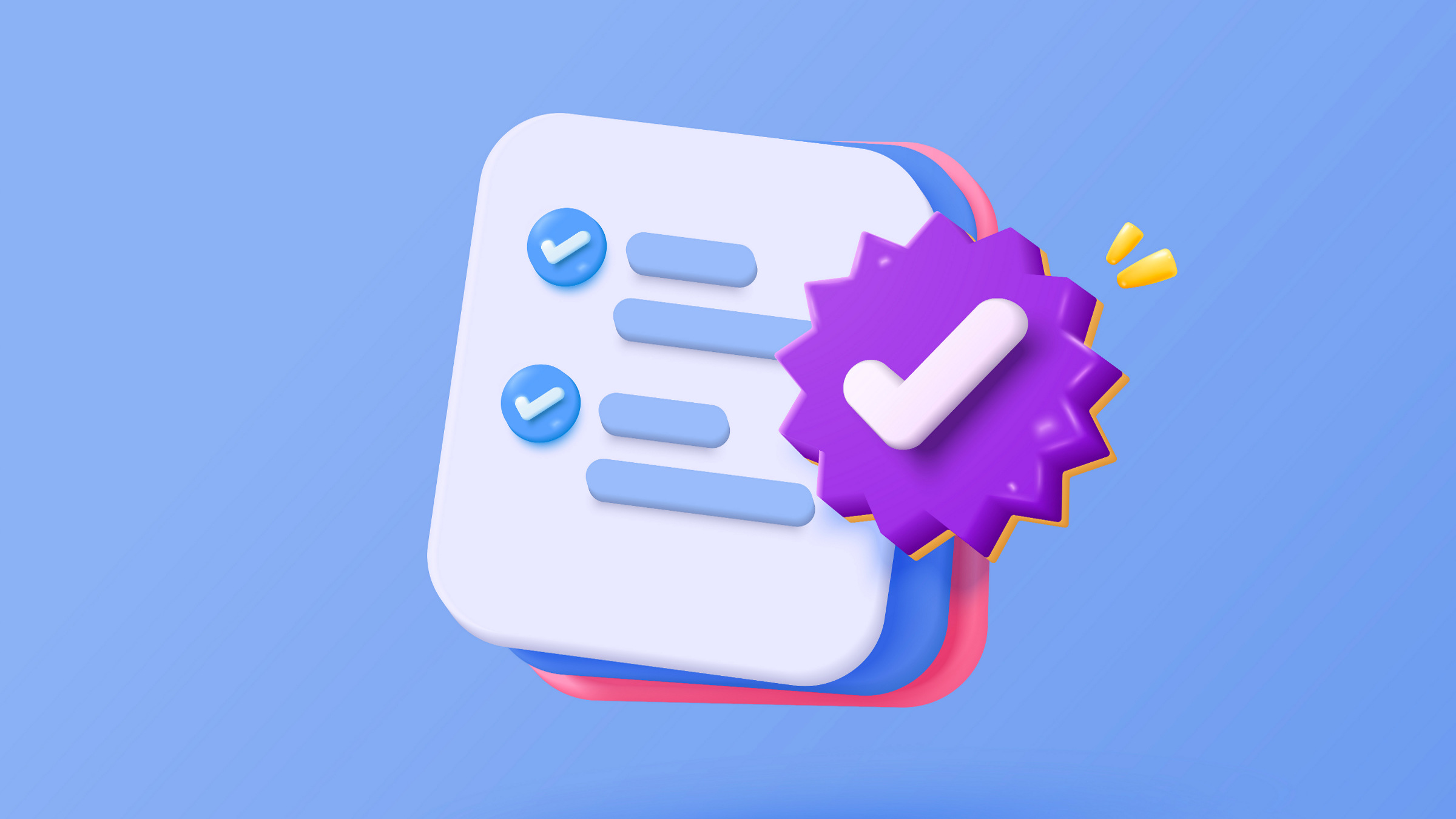
When I was growing up, my elementary school had a "Reading Lab," and so did my children's elementary school. If students were struggling with a particular reading difficulty, they could go to the lab and get help with just those specific aspects. It didn't matter what grade they were in (though earlier grades were certainly most common). Reading was considered so important that it was worth having special help in reading.
The book Proust and the Squid: The Story and Science of the Reading Brain contains interesting insights into what reading experts do to help students overcome challenges in learning to read. For example, learning to read with rhymes is easier for students because they can attend to just the initial sound and only decode the final sound once. Reading out loud rhyming words like "mat" and "rat" and "sat" are easier than "cat" or "pat" (with a hard consonant at the start) because the initial sounds (e.g., "ma") can be extended ("mmmmmmaaaaaa") while the student works to decode the final sound and put it all together.
Schools provide extra help in other areas of literacy that are highly valued.
- At Georgia Tech, we have special help in writing. For example, if a student is having trouble organizing an essay, instructors in a "Writing Lab" teach techniques like using whiteboards in novel ways to brainstorm and develop an outline.
- I'm a fan of the Math Emporium at Virginia Tech, which isn't just for remedial math help but does help students to learn mathematics at a pace that works for them.
It's becoming obvious that computing is a necessary skill for 21st Century professionals. Expressing ideas in program code, and being able to read others' program code, is a kind of literacy. Even if not all universities are including programming as part of their general education requirements yet, our burgeoning enrollments suggest that the students see the value of computational literacy.
We also know that some students will struggle with computing classes. We do not yet have evidence of challenges in learning computation akin to dyslexia. Our research evidence so far suggests that all students are capable of learning computing, but differences in background and preparation will lead to different learning challenges.
One day, we may have "Computing Labs" where students will receive extra help on learning critical computational literacy skills. What would happen in a remedial "Computing Lab"? It's an interesting thought experiment.
I predict one thing that won't happen — students won't just program all the time. Learning to program by programming is a high cognitive load activity. Students can learn a lot about reading and writing programs by engaging in a variety of other learning activities.
Some of the activities that we might expect:
- Parson's Problems which are programming problems where the solution is given but the lines of code are scrambled on "refrigerator magnets." Students have to assemble the lines into place. There are never any syntax errors, so students can focus on the meaning of the code. We know that these problems have much lower cognitive load and are useful in learning.
- Explaining programs from one student to another, aloud. There is a reading activity called reciprocal teaching where one student reads and the other probes the understanding of the first student. A similar activity could be constructed for developing program understanding skills.
- Tracing programs by hand with pen and pencil. We teach a variety of sketch-based techniques to facilitate learning and practice in mathematics and science classes, from long division and "borrowing/carrying" inmulti-digital arithmetic, to balancing equations in algebra and chemistry and drawing free-body diagrams in Physics. Certainly, we will need similar sketch-based techniques to help students make sense of their code and data structures, too.
The exercise of defining a "Computer Lab" is not just speculation about a possible future. It helps us as computing teachers to think about what else we can do in our own classes today to help struggling students. We need a wide variety of teaching and learning techniques to achieve the goal of "CS for All."



Join the Discussion (0)
Become a Member or Sign In to Post a Comment